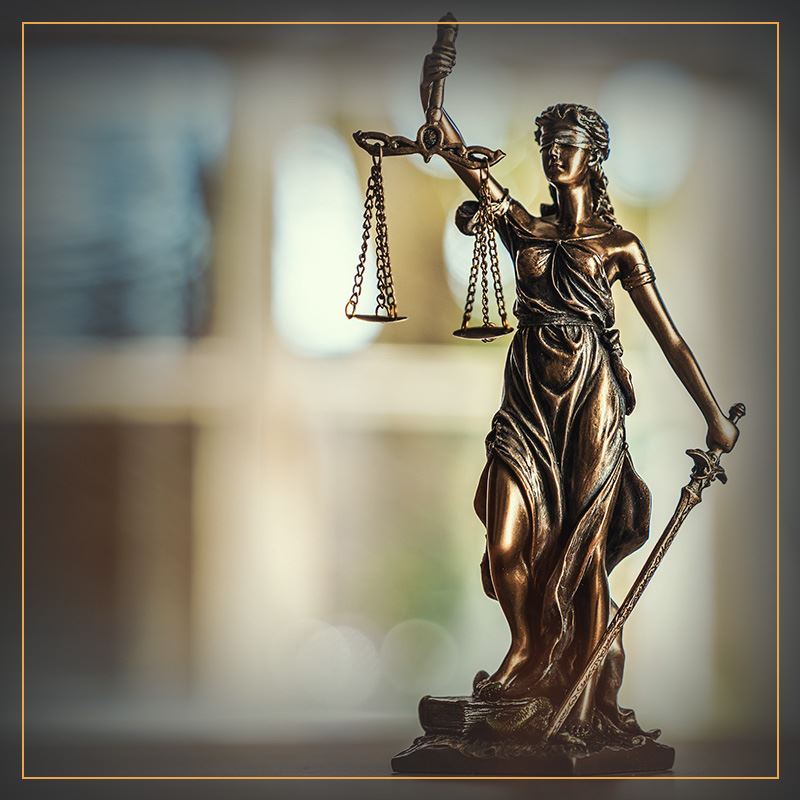
St. Louis Sex Crimes Lawyer
Criminal Defense Firm for Sex Crime Cases in and around St. Louis, Missouri
Being accused of a sex crime can have a negative impact on your entire life, from your personal and social relationships to your job or career along with the very serious implications on the criminal level. If you are facing criminal charges connected with a sex crime or are being investigated by law enforcement for sex crimes in the St. Louis area, you need professional legal representation as soon as possible. We strongly urge you to contact a St. Louis sex crimes attorney at our firm immediately to get experienced and dedicated legal assistance. Our firm practices criminal defense exclusively; our attorneys have handled hundreds of criminal cases. That is the degree of legal experience you will need and want in defending yourself in sex crime allegations.
Sex Crime Cases and Consequences
Sex crimes include rape, sexual assault, sexual abuse, statutory rape, child molestation, child pornography, indecent exposure, lewd acts, solicitation of prostitutes, and internet sex crimes involving cyber-stalking and the luring of minors for sexual purposes. A conviction of a sex crime results in harsh penalties, including prison sentences, fines, probation, and possible mandatory registration as a sex offender for life. Sex offender registration is accessible to the public, meaning that neighbors, employers, and others can access this information about you.
Even if you have been arrested and charged with a sex crime, you are guaranteed certain rights under the Constitution. In order to preserve and enforce these rights, to fight for your reputation and your freedom, and to minimize the negative consequences of sex crime charges, you should retain the services of a St. Louis sex crimes lawyer at our firm as soon as possible.
Contact a St. Louis sex crimes attorney at our firm today if you have been charged with or are being investigated for sex crimes.

What Sets Us Apart From The Rest?
Whiteley Law Firm is here to help you get the results you need with a team you can trust.
-
Accessible Support
We make it easy for you to reach out and discuss your case, offering multiple avenues including phone, voicemail, online submission, and office visits for your convenience.
-
Trusted AdvocacyWe understand the gravity of your situation and are committed to earning your trust through unwavering dedication to your defense.
-
Thorough Defense StrategyOur approach involves a meticulous evaluation of your case, ensuring every possible defense avenue is explored to protect your rights.
Our FAQ
Have questions? We are here to help. Still have questions or can't find the answer you need? Give us a call at 888-910-8827 today!
-
Can I represent myself?Yes. Although the right is not unlimited, in every criminal prosecution, the accused must be permitted to act as his or her own attorney. However, the better question is whether you should represent yourself. To that question, the answer is undeniably no. For more information on why a criminal defendant should hire an experienced criminal defense attorney, please read more here.
-
What if I am guilty?
Although your thoughts on guilt or innocence of the charges against you are important, it is only one factor that should be considered in how to dispose of the criminal case.
The Whiteley Law Firm is committed to ensuring that those charged with criminal offenses receive a result that is in their best interest. In doing so, we always ensure that the conduct of the police has been proper and the prosecution can meet their burden of proof.
-
Will my case be dismissed if the police did not read me my Miranda rights?
The continued popularity and proliferation of crime drama television shows perpetuates the idea that the police must advise the suspect of his or her Miranda rights immediately upon being arrested. This television show concept, however, is a myth. The police are under no obligation to inform someone of their constitutional rights once placed in custody.
The Miranda warnings – generally, the right to remain silent and the right to an attorney – take their name from the 1966 U.S. Supreme Court decision of the same name, Miranda v. Arizona. The landmark decision requires law enforcement officials to inform individuals in custody of their rights prior to any questioning. In other words, with some limited exceptions, Miranda warnings are only required when the police interrogate someone while they are in custody.
Given these two requirements, the question whether a case will be dismissed can become a complex question. Suffice it to say, while complete dismissal of the case is not impossible, the more likely result from a Miranda violation would be suppression of the illegally obtained evidence.
